The government has confirmed a consultation on a Deposit Return Scheme for single-use drinks containers, with a view to implementation by 2023, in its new waste strategy announced on Tuesday (18 December).
The long-awaited Resources and Waste Strategy also states that producers will pay the full cost of recycling or disposing of packaging waste under an Extended Producer Responsibility (EPR) scheme.
The DRS consultation will look at how a UK-wide scheme would operate, including administration and governance arrangements, and the setting of deposit levels.
The government will also consult on options to reducing the environmental impact of disposable cups, including providing a “strong incentive” for business to offer cups that are easy to recycle.
It will take action to ensure businesses present recycling and food waste separately from residual waste for collection.
The EPR scheme will see manufacturers pay higher fees if their products are harder to reuse, repair or recycle and will encourage sustainable design, subject to consultation. EPR for packaging will raise between £0.5bn and £1bn a year for recycling and disposal.
The move builds on the Autumn Budget, which announced a tax on plastic packaging which does not meet a minimum threshold of at least 30% recycled content, subject to consultation, from April 2022.
Environment secretary Michael Gove said: “Our strategy sets out how we will go further and faster, to reduce, reuse, and recycle. Together we can move away from being a ‘throw-away’ society, to one that looks at waste as a valuable resource.
“We will cut our reliance on single-use plastics, end confusion over household recycling, tackle the problem of packaging by making polluters pay, and end the economic, environmental and moral scandal that is food waste.”
Association of Convenience Stores chief executive James Lowman said: “We welcome the resources and waste strategy, and continue to encourage retailers to promote sustainability in their businesses through initiatives like voluntary plastic bag charging and reducing product packaging where possible.
“All parts of the supply chain have a role to play when it comes to reducing the impact of single use plastics, but we remain concerned about any measures that result in what would effectively be taxing retailers and/or consumers twice on the same products. We will continue to work closely with Defra on how the convenience sector can play its part in reducing waste without unnecessary burdens.”
A Defra spokesman said: ”We will be consulting on a DRS scheme within the coming weeks, and this will include further details on what the proposed scheme may look like.”















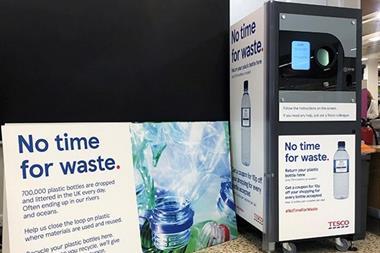
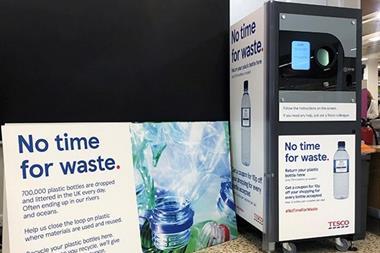
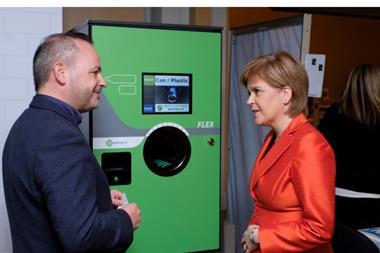
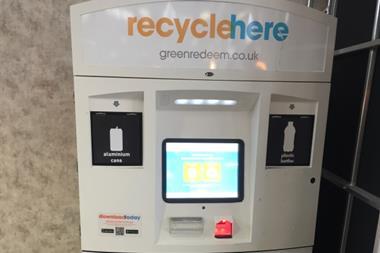
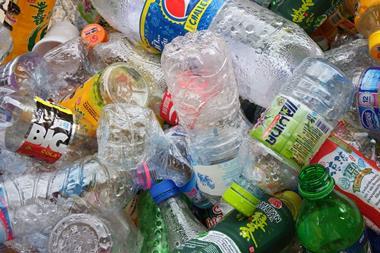
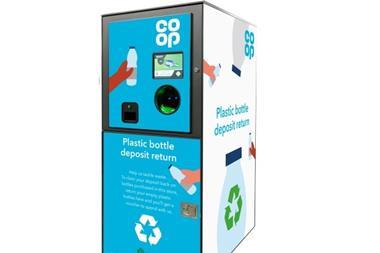


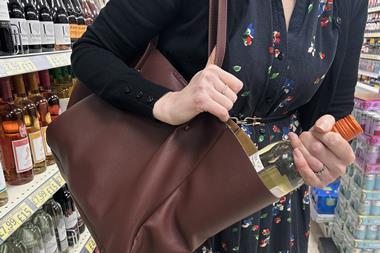
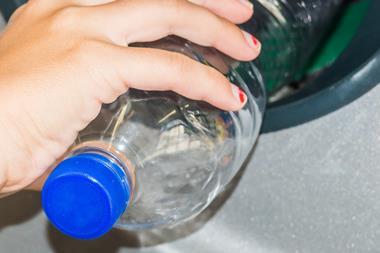


No comments yet